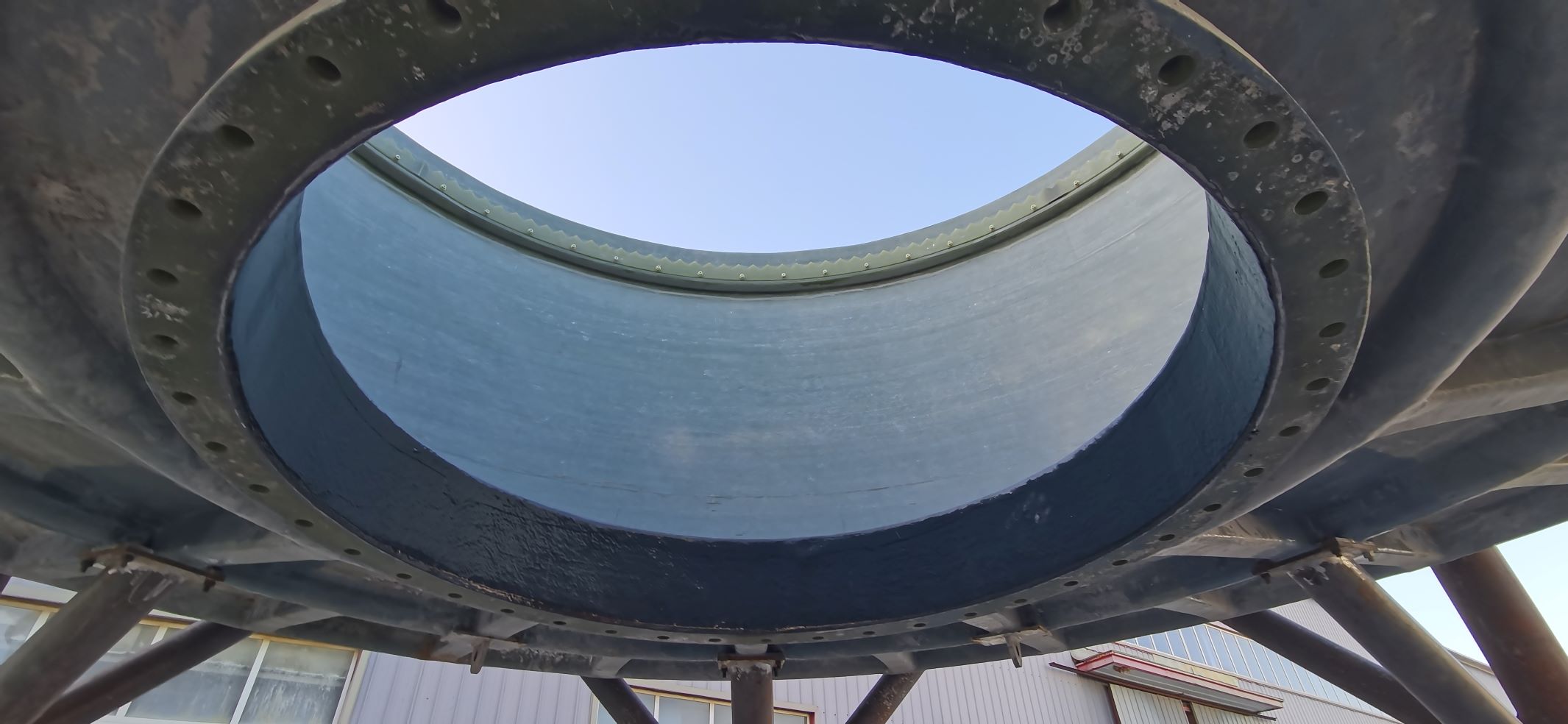
-
 Afrikaans
Afrikaans -
 Albanian
Albanian -
 Amharic
Amharic -
 Arabic
Arabic -
 Armenian
Armenian -
 Azerbaijani
Azerbaijani -
 Basque
Basque -
 Belarusian
Belarusian -
 Bengali
Bengali -
 Bosnian
Bosnian -
 Bulgarian
Bulgarian -
 Catalan
Catalan -
 Cebuano
Cebuano -
 China
China -
 China (Taiwan)
China (Taiwan) -
 Corsican
Corsican -
 Croatian
Croatian -
 Czech
Czech -
 Danish
Danish -
 Dutch
Dutch -
 English
English -
 Esperanto
Esperanto -
 Estonian
Estonian -
 Finnish
Finnish -
 French
French -
 Frisian
Frisian -
 Galician
Galician -
 Georgian
Georgian -
 German
German -
 Greek
Greek -
 Gujarati
Gujarati -
 Haitian Creole
Haitian Creole -
 hausa
hausa -
 hawaiian
hawaiian -
 Hebrew
Hebrew -
 Hindi
Hindi -
 Miao
Miao -
 Hungarian
Hungarian -
 Icelandic
Icelandic -
 igbo
igbo -
 Indonesian
Indonesian -
 irish
irish -
 Italian
Italian -
 Japanese
Japanese -
 Javanese
Javanese -
 Kannada
Kannada -
 kazakh
kazakh -
 Khmer
Khmer -
 Rwandese
Rwandese -
 Korean
Korean -
 Kurdish
Kurdish -
 Kyrgyz
Kyrgyz -
 Lao
Lao -
 Latin
Latin -
 Latvian
Latvian -
 Lithuanian
Lithuanian -
 Luxembourgish
Luxembourgish -
 Macedonian
Macedonian -
 Malgashi
Malgashi -
 Malay
Malay -
 Malayalam
Malayalam -
 Maltese
Maltese -
 Maori
Maori -
 Marathi
Marathi -
 Mongolian
Mongolian -
 Myanmar
Myanmar -
 Nepali
Nepali -
 Norwegian
Norwegian -
 Norwegian
Norwegian -
 Occitan
Occitan -
 Pashto
Pashto -
 Persian
Persian -
 Polish
Polish -
 Portuguese
Portuguese -
 Punjabi
Punjabi -
 Romanian
Romanian -
 Russian
Russian -
 Samoan
Samoan -
 Scottish Gaelic
Scottish Gaelic -
 Serbian
Serbian -
 Sesotho
Sesotho -
 Shona
Shona -
 Sindhi
Sindhi -
 Sinhala
Sinhala -
 Slovak
Slovak -
 Slovenian
Slovenian -
 Somali
Somali -
 Spanish
Spanish -
 Sundanese
Sundanese -
 Swahili
Swahili -
 Swedish
Swedish -
 Tagalog
Tagalog -
 Tajik
Tajik -
 Tamil
Tamil -
 Tatar
Tatar -
 Telugu
Telugu -
 Thai
Thai -
 Turkish
Turkish -
 Turkmen
Turkmen -
 Ukrainian
Ukrainian -
 Urdu
Urdu -
 Uighur
Uighur -
 Uzbek
Uzbek -
 Vietnamese
Vietnamese -
 Welsh
Welsh -
 Bantu
Bantu -
 Yiddish
Yiddish -
 Yoruba
Yoruba -
 Zulu
Zulu
Fiberglass Tanks for Safe and Efficient Liquid Transportation Solutions
The Advantages of Fiberglass Transport Tanks in Modern Industry
In today's rapidly evolving industrial landscape, the transportation of liquids, chemicals, and other materials requires solutions that are not only effective and efficient but also safe and environmentally friendly. Fiberglass transport tanks have emerged as a preferred option for many industries, including agriculture, petrochemicals, pharmaceuticals, and food and beverage sectors. This article explores the numerous advantages of fiberglass transport tanks and their significance in modern industrial applications.
Durability and Strength
One of the standout features of fiberglass transport tanks is their remarkable durability. Made from a composite material that combines glass fibers with a resin matrix, these tanks are resistant to corrosion and degradation from harsh chemicals. Unlike traditional materials like steel or plastic, fiberglass does not rust, rot, or break down over time, making it an ideal choice for transporting a wide range of substances, including corrosive acids and solvents. This structural integrity translates into longer service life and reduced replacement costs for businesses.
Weight and Design Flexibility
Fiberglass tanks are significantly lighter than their metal counterparts, which allows for easier transportation and installation. This lightweight characteristic means lower shipping costs and reduced energy consumption during transport. Moreover, the versatility of fiberglass in design allows manufacturers to create tanks in various shapes and sizes to meet specific industry requirements. Customization options enable businesses to find solutions tailored to their operational needs, further enhancing efficiency in liquid transport.
Safety Considerations
fiberglass transport tank

Safety is a paramount concern for industries dealing with hazardous materials. Fiberglass transport tanks are designed with this in mind, offering enhanced safety features. Their non-conductive properties reduce the risk of electrical hazards, and the durability of the material minimizes the likelihood of leaks or spills. Furthermore, the smooth, non-porous surface of fiberglass tanks facilitates cleaning, thereby reducing the risk of contamination, which is particularly crucial in the food and beverage and pharmaceutical industries.
Environmental Impact
In an era where sustainability is increasingly prioritized, fiberglass transport tanks exhibit an eco-friendly profile. The longevity of fiberglass tanks means they need to be replaced less frequently than those made from less durable materials, resulting in less waste. Furthermore, the material can be recycled at the end of its life cycle, contributing to a circular economy. By choosing fiberglass tanks, companies not only benefit from the advantages of the material but also enhance their commitment to environmentally responsible practices.
Cost-Effectiveness
While the initial investment in fiberglass transport tanks may be higher than that of some alternatives, the overall cost-effectiveness of these solutions becomes evident over time. Their durability leads to lower maintenance and replacement costs, while their lightweight nature can lead to savings in transportation costs. Additionally, the reduced likelihood of spills and leaks significantly mitigates potential liability issues and cleanup costs, offering a clearer financial advantage.
Conclusion
In conclusion, fiberglass transport tanks are redefining standards within various industries due to their exceptional durability, safety features, lightweight design, environmental benefits, and overall cost-effectiveness. As businesses navigate the complexities of modern supply chains and increased regulatory demands, opting for fiberglass solutions presents a forward-thinking approach. By integrating fiberglass transport tanks into their operations, companies not only enhance their efficiency but also contribute to a safer and more sustainable industrial environment. As technology progresses and industries evolve, the role of advanced materials such as fiberglass will continue to grow, underscoring the importance of innovation in transportation solutions.









